CommonsHood è una «wallet app» basata su tecnologia Blockchain. Permette a chiunque, attraverso un’interfaccia intuitiva, di creare e scambiare token digitali che rappresentano valori, risorse e strumenti finanziari locali. Il suo obiettivo è supportare le economie sociali, collaborative e sostenibili e i processi partecipativi nelle comunità locali, semplificando e potenziando le interazioni tra gli attori e riducendone i costi.

Commonshood
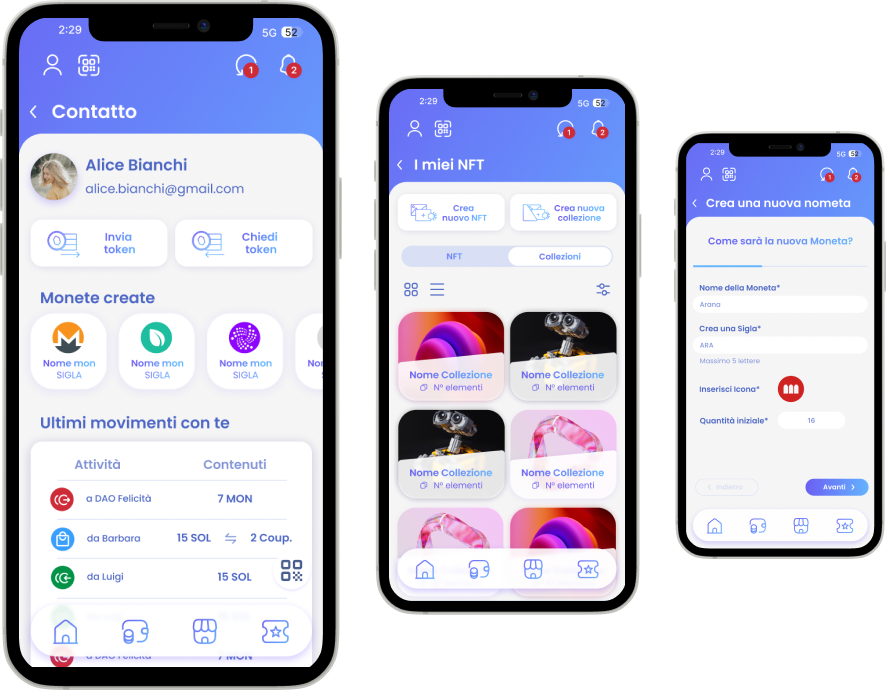
Il progetto
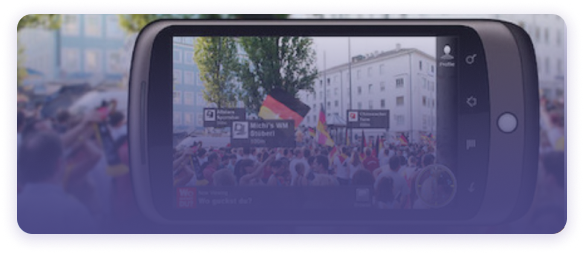
Verso un “Internet dei Valori 2.0”
Con “Internet del Valore 1.0” si intende l’interoperabilità tra diverse blockchain per trasferire valori istantaneamente senza intermediari. L’Internet dei Valori 2.0 vuole andare oltre, consentendo a chiunque di emettere e far circolare nuovi tipi di token, che rappresentino diversi valori (non solo monetari).
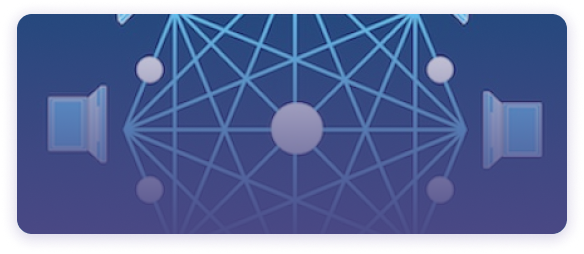
Vantaggi dell’utilizzo della Blockchain
La tecnologia blockchain in CommonsHood permette a chiunque di creare, distribuire o scambiare in maniera sicura e trasparente asset di valore digitali di ogni genere sottoforma di token (fungibili e non fungibili – NFT), e di programmare transazioni pensate per incoraggiare la collaborazione. Ogni transazione è salvata in maniera sicura e trasparente nella blockchain. Il proprietario di un token è sempre solo uno.
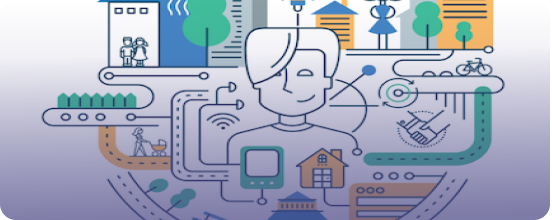
Token per le economie sociali
I token creati nel Wallet di CommonsHood sono pensati per supportare diverse economie sociali locali: sistemi di riconoscimento e incentivo, crowdfunding e acquisto collettivo, banche del tempo e biblioteche degli oggetti, strumenti di welfare e inclusione finanziaria, sistemi di promozione delle attività economiche locali e sostenibili.
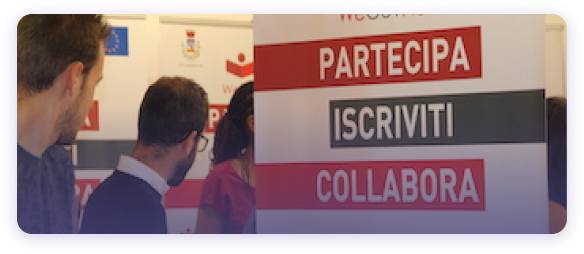
Ci concentriamo sulle comunità
Ci concentriamo sulle comunità Come tante esperienze di monete complementari, CommonsHood si concentra sulle comunità locali, a livello di quartieri, città, paesi: associazioni, gruppi e reti informali di iniziativa civica, comunità educanti, attività commerciali e produttive di prossimità.
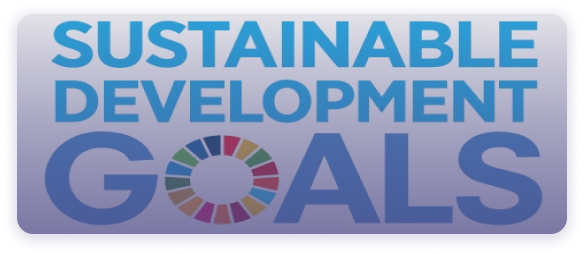
Obiettivi di sviluppo sostenibile
CommonsHood mira a contribuire a diversi Obiettivi di Sviluppo Sostenibile dell’ONU dell’Agenda 2030 per lo Sviluppo Sostenibile.
In particolare:
Obiettivo 10: Ridurre le disuguaglianze all’interno e tra i paesi
Obiettivo 11: Rendere le città inclusive, sicure, resilienti e sostenibili
Obiettivo 12: Garantire modelli di consumo e produzione sostenibili
Wallet
Chi siamo

CommonsHood è co-progettata, sviluppata e sperimentata dal Dipartimento di Informatica dell’Università di Torino, nel contesto di progetti di ricerca partecipativa e transdisciplinare che coinvolgono diversi attori territoriali. L’applicazione è stata co-progettata e testata attraverso diversi progetti europei: CO3 (H2020), CO-CITY (UIA), NLAB4CIT (Smart Lcoal Administration), CORPUS (DUT Partnership). E’ adattata a nuovi contesti anche attraverso progetti di ricerca e innovazione sociale e digitale a livello nazionale, regionale e comunale. I requisiti per i singoli scenari applicativi vengono definiti insieme ad iniziative grassroots e di gestione di beni comuni urbani, enti di terzo settore, pubbliche amministrazioni locali. La collaborazione interdisciplinare con Dipartimenti di scienze umane e sociali dell’Università di Torino e di altri atenei ed enti di ricerca consente di tenere in considerazione fattori etici, giuridici, sociali, economici e geografici per il co-desing di tecnologie civiche e la facilitazione di un utilizzo consapevole delle stesse.














